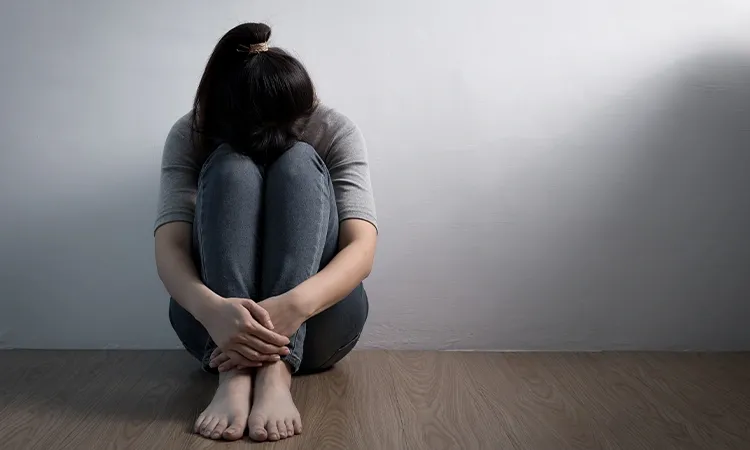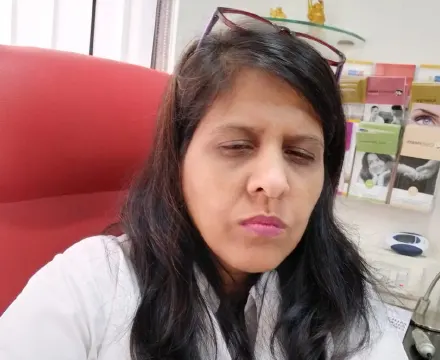Recognizing and Treating Depression caused due to Chronic Illnesses
It is common to feel sad or discouraged after a heart attack, a cancer diagnosis, or if you are trying to manage a chronic condition like migraine or arthritis. You may be facing new limits on what you can do and feel anxious about treatment outcomes and your future. For e.g., if you have a spinal disc problem, the doctor may advise you to take complete bed rest for 6-8 months, which may lead to feelings of sadness and isolation.
Temporary feelings of sadness are expected, but if these and other symptoms last longer than a couple of weeks, you may have depression disease. Depression affects your ability to carry on with daily life and to enjoy work, leisure, friends, and family.
The health effects of depression disease go beyond mood – depression is a serious medical illness with many symptoms.
Some symptoms of depression are:
- Feelings of hopelessness and despair
- Changes in sleep patterns (insomnia or sleeping too much)
- Social isolation and withdrawal
- Weight loss or gain
- Loss of interest in hobbies and activities
- Frequent, unexplained crying
- Suicidal thoughts
It is estimated that up to one-third of individuals with a serious medical condition have symptoms of depression. The risk is especially high in someone who has a history of depression.
Prevalence of Depression associated with Chronic Illness
- Heart attack: 40%-65%
- Coronary artery disease (without heart attack): 18%-20%
- Parkinson’s disease: 40%
- Multiple sclerosis: 40%
- Stroke: 10% to 27%
- Cancer: 25%
- Diabetes: 25%
The problem increases when chronic illness sufferers or their family members fail to recognize the symptoms of depression. They assume that feeling sad is normal for someone struggling with chronic disease. However, untreated depression aggravates illness, causing a vicious cycle to develop. Therefore, taking treatment for both, chronic illness and depression, is necessary.
Depression is treatable even when other illness is present
Do not dismiss depression as a normal part of having a chronic illness. Early diagnosis and treatment for depression can reduce distress, as well as any risk of suicide. It can also help you achieve a better quality of life and improve your treatment outcome for the chronic illness.
You can take help of homeopathy as it treats any illness with ‘mind-body’ approach. Homeopathy treatment for depression extends beyond just physical symptoms, thereby correcting the deep seated emotional concerns of the patient, which in many cases are the cause of medical disorders. Another USP of taking homeopathic medicines for depression is that they do not alter the response of allopathic medicines. Hence, they can be safely taken alongside your medication for chronic illness under medical guidance.
Tips for coping with chronic illness and avoid depression:
- Try not to isolate yourself. Having someone ‘on your side’ can help boost the desire to get better, deter the feelings of loneliness and helplessness, and help you adhere to treatment regimens
- Educate yourself. Learn as much as you can about your condition. It will give you power when it comes to getting the best treatment available
- Be in touch with your doctor regularly. It is always good to open up with the doctor about your feelings and suffering. You can give your health update through WhatsApp messages even for the days when you’re not visiting the clinic
- Smile is the best medicine. Keep yourself engaged in the activities you like and be happy. For e.g., if you’re on bed rest, read books. If you do not like reading, you can watch/listen to videos available on the net.



